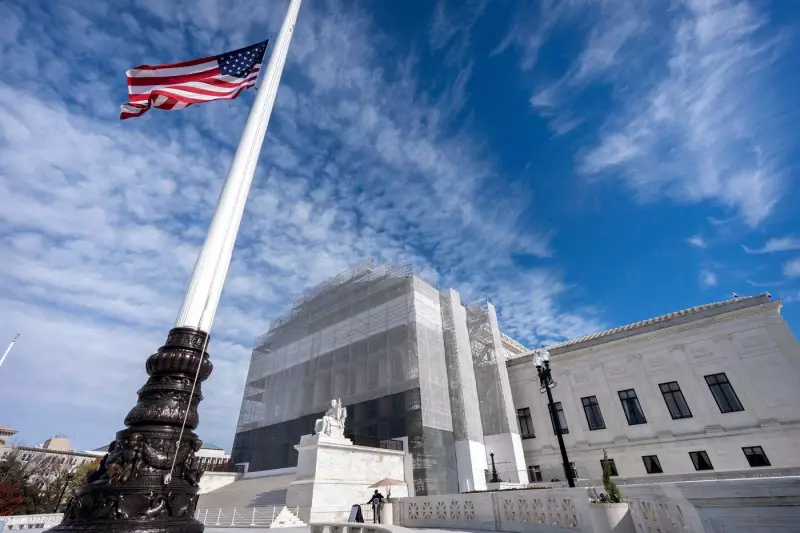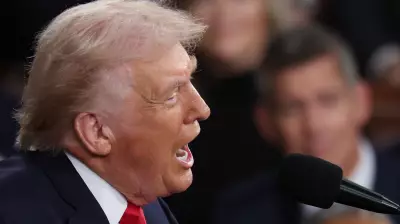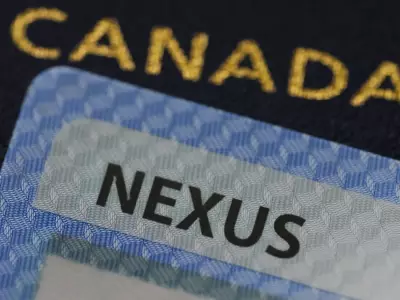
Former President Donald Trump's ambitious tariff agenda faces a critical legal challenge, but insiders reveal he has alternative strategies prepared should the US Supreme Court strike down his proposed worldwide import taxes.
The Legal Battle Over Global Tariffs
The Supreme Court is currently weighing the constitutionality of Trump's signature trade policy proposal—a comprehensive system of import taxes that would apply to goods from virtually every trading partner. Legal experts suggest the court's conservative majority might view these sweeping tariffs as overstepping presidential authority.
According to sources close to the Trump campaign, the former president's team has been developing multiple contingency plans for months. These alternatives would achieve similar economic protectionist goals through different legal mechanisms that could withstand judicial scrutiny.
Alternative Trade Weapons in Trump's Arsenal
Trump's backup options include several powerful trade tools that previous administrations have used successfully:
- Enhanced Section 301 tariffs targeting specific countries and industries
- National security tariffs under Section 232 of the Trade Expansion Act
- Anti-dumping and countervailing duties against unfairly traded imports
- Currency manipulation tariffs against nations deemed to be weakening their currencies
Economic Implications for Canada and Beyond
The potential Supreme Court decision carries significant consequences for Canadian exporters and the broader global economy. Canada remains the United States' second-largest trading partner, with over $1 trillion in annual two-way trade.
"If the Supreme Court blocks the broad-based tariff approach, Trump will likely pursue a more targeted strategy that could actually be more disruptive to specific sectors," explained trade analyst Michael Johnson. "Canadian automotive, agricultural, and manufacturing industries would be particularly vulnerable to these alternative measures."
The Political Calculus Behind Tariff Strategy
Trump's tariff proposals represent a fundamental shift in Republican economic philosophy, moving away from traditional free trade principles toward protectionist policies. The political appeal of these measures lies in their promise to protect American jobs and manufacturing.
However, economists warn that widespread tariffs could trigger inflationary pressures and retaliatory measures from trading partners, potentially harming the very industries they're designed to protect.
The Supreme Court's decision, expected in the coming months, will determine whether Trump can implement his sweeping vision for restructuring international trade relationships or if he'll need to pursue his protectionist agenda through more conventional—but potentially more targeted—means.






